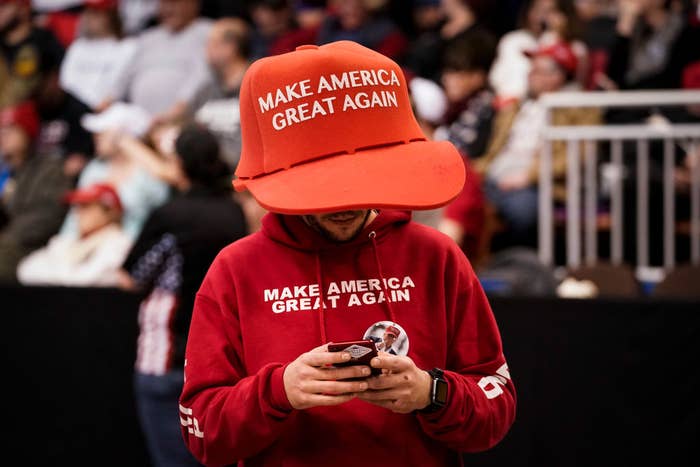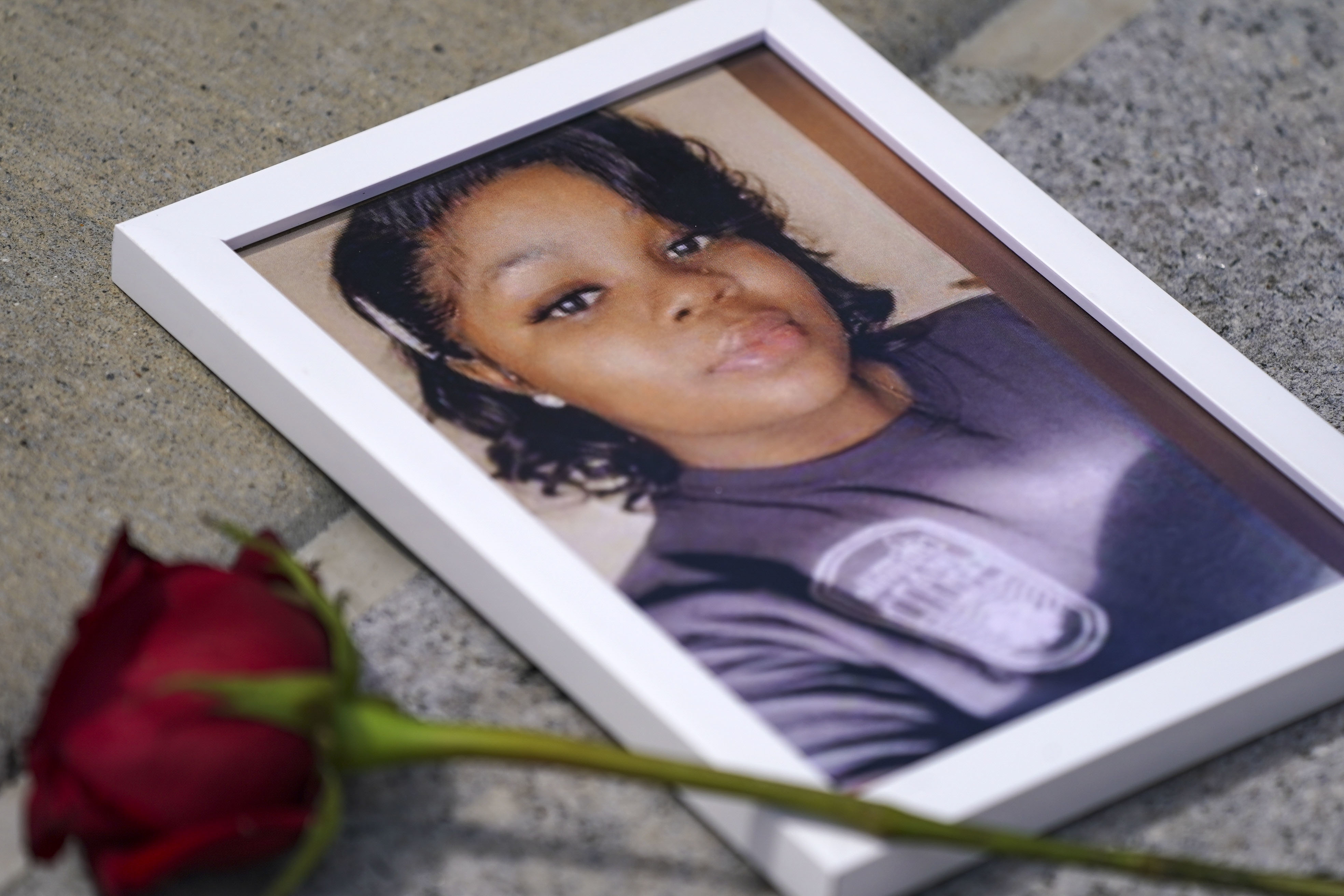Feminist scholar and anti-racism educator Peggy McIntosh famously described white privilege as an “invisible weightless knapsack of special provisions, maps, passports, codebooks, visas, clothes, tools and blank checks.”
In other words, white people typically move through life unaware of all the head starts, resources and access the color of their skin affords them. They don’t recognize these unearned advantages until they’re pointed out — and even then, some white people will try to deny the existence of their privilege.
It should be noted that merely acknowledging your white privilege isn’t enough — but it is one small and necessary step toward taking action and wielding that privilege to help dismantle the systems that oppress the Black community and other people of color in this country.
We talked to educators, activists, therapists and professors about the things white people often say that highlight their privilege without them realizing it.
1. “It’s not my job to fix racism because I’m not racist.”

What you’re essentially saying is that because the systemic racism doesn’t hurt you personally — a privileged position to be in — you don’t need to be involved in the fight against it. White people must step up to the plate, act as allies and use their privilege for good.
“It takes the actions of every single person to call out racist behavior and be a part of the solution,” Michelle Saahene, co-founder of From Privilege to Progress, told HuffPost. “It’s a privilege to be able to only talk about race and never experience it. It’s a privilege to choose not to talk about it or acknowledge it.”
This statement also ignores the fact that racism is largely a structural issue, not just an individual one.
“People of color would also like to live in a world where their skin color didn’t impact the way they were treated and just never talk about race,” Saahene added. “But systemic racism is real, people of color must talk about race, to navigate a system that was never meant for their freedom — and continues with the support of white silence.”
2. “I don’t see color.”

The intent behind this statement is to demonstrate that you’re not a prejudiced person. But, as psychologist Erlanger Turner put it, “we all see racial difference unless we’re visually impaired.” Refusing to acknowledge the color of someone’s skin is also a refusal to acknowledge the struggles they’ve endured and discrimination they’ve faced because of their race.
“For most white people, they have the privilege to receive many benefits in society based on ‘whiteness’ that people of color don’t receive,” said Turner, an assistant professor of psychology at Pepperdine University who studies mental health among racial and ethnic communities. “For example, think about the recent protests [in Michigan] when white men went into a state government building with guns and they didn’t experience any harm. Yet, Black people engage in peaceful protests and police are shooting them with rubber bullets. That’s white privilege.”
3. “There’s no need to worry about the police if you’re not doing anything illegal.”


